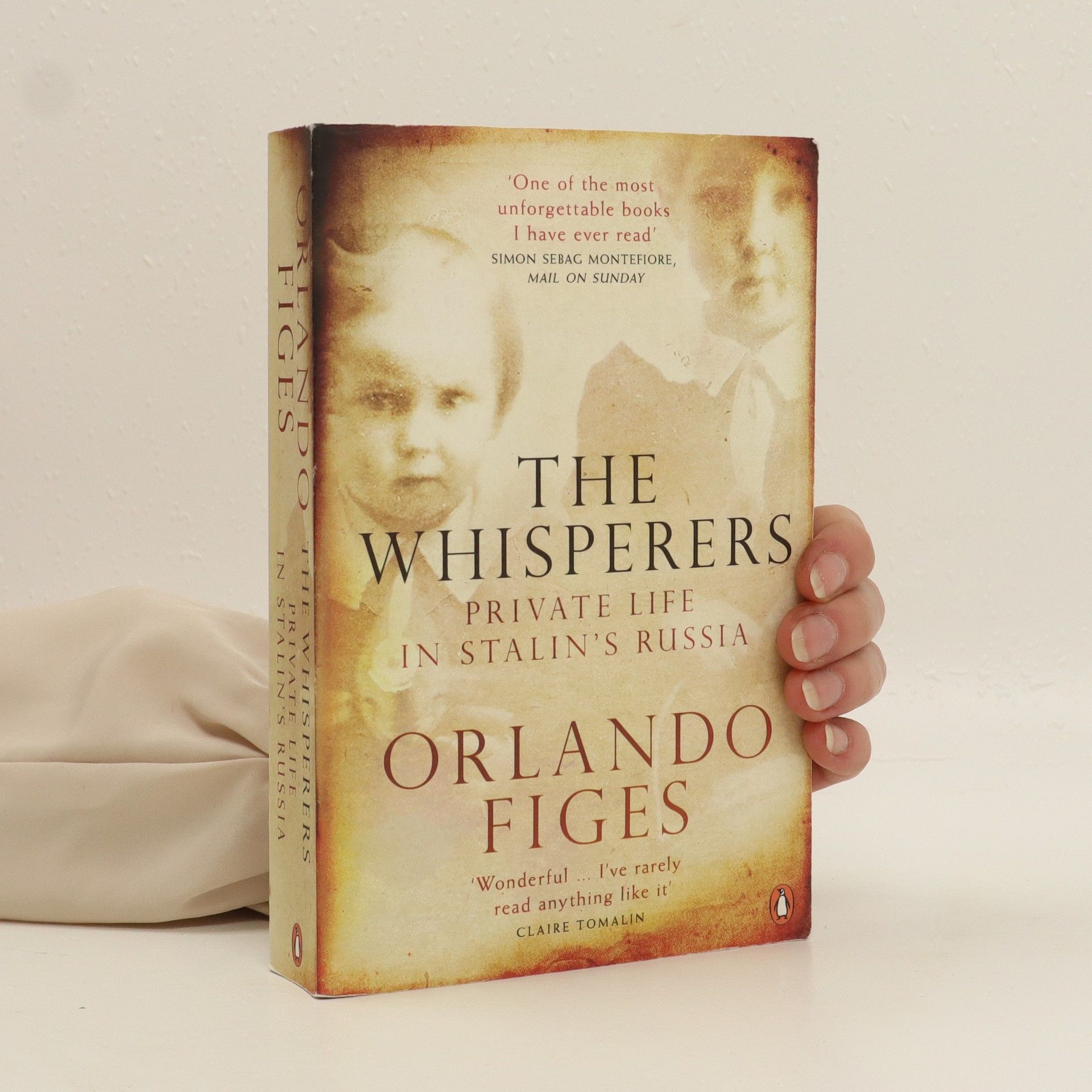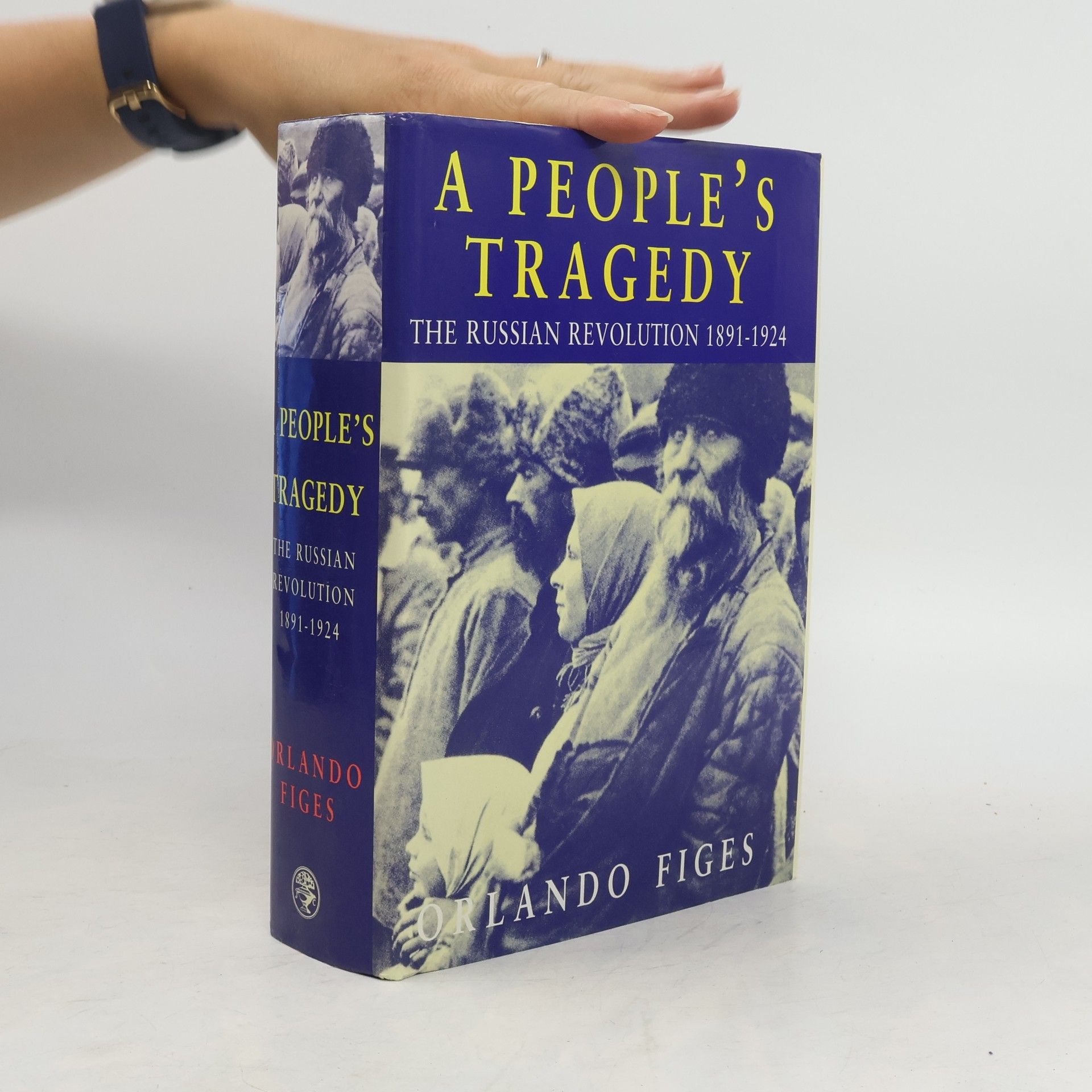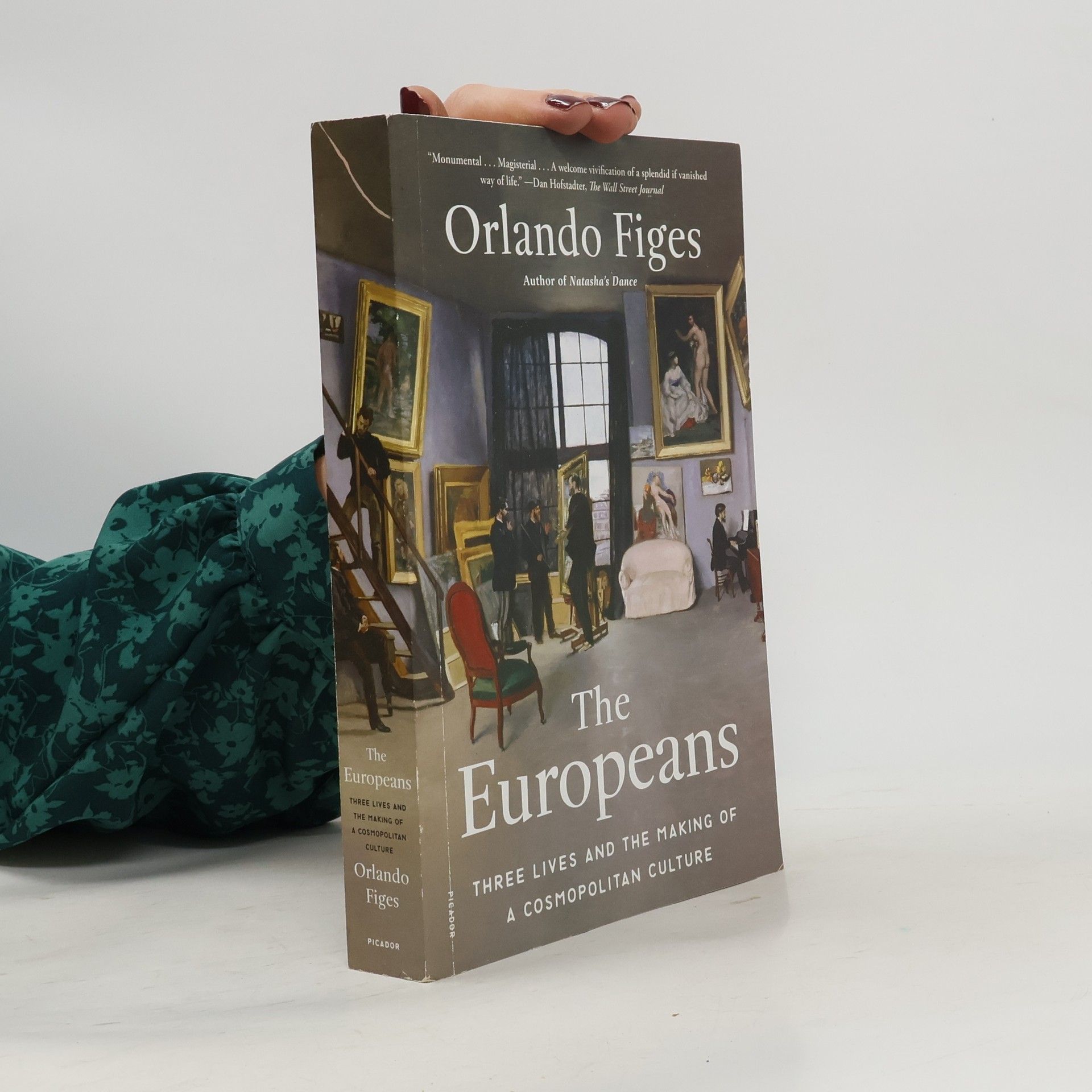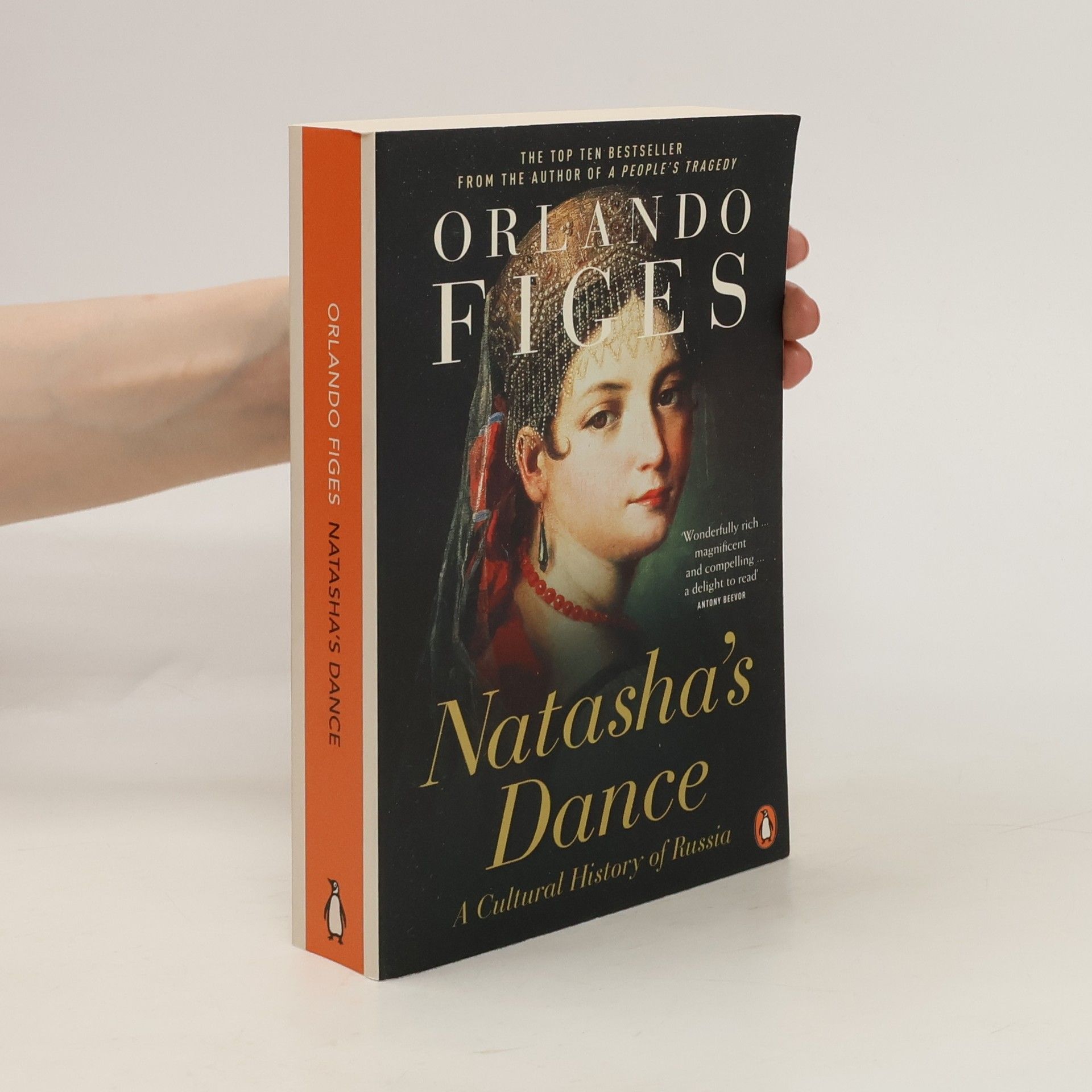La tragedia di un popolo. La rivoluzione russa 1891-1924
- 1120pagine
- 40 ore di lettura
La serie di volumi di Orlando Figes esplora la complessa storia della rivoluzione russa dal 1891 al 1924, analizzando le dinamiche sociali, politiche ed economiche che hanno portato al crollo dell'Impero zarista e all'emergere del regime sovietico. Attraverso un'ampia ricerca storica, Figes presenta le esperienze di diversi gruppi sociali, dai contadini agli intellettuali, e i loro ruoli nel movimento rivoluzionario. I temi principali includono la lotta per la giustizia sociale, le tensioni etniche e le conseguenze della guerra civile. Tra i personaggi chiave vi sono figure storiche come Lenin, Trotsky e i leader locali che hanno influenzato gli eventi. Il lavoro di Figes offre una visione dettagliata delle speranze e delle sofferenze di un popolo in tumulto, evidenziando le contraddizioni e le complessità di un periodo cruciale della storia russa.










